|
Autism. A word that carries so much weight and so many stories. In some ways, it doesn’t seem appropriate that so many individuals with widely varying needs and personalities can all be medically defined by the same one word. As human beings our brains naturally form stereotypes to keep us safe as a sort of addition to fight or flight. We get nervous around dark alley ways, we tense up when people get too close to our definition of personal space, we see homeless people and imagine the scenarios that have landed them there, we talk about areas that are rich versus poor and safe versus dangerous; and all of theses images in our minds are conjured up by what we have been exposed to that led us to create these stereotypes. How is this related to autism you might ask…. Well, I bet if I told you that my son has autism, your brain would automatically summon an image of what that might look like based on your exposure. The problem with this is that unless you have experienced autism firsthand you are usually limited to what you have seen in the media or read about in books and articles which tends to favor the sensationalized. You may have seen the autistic child being crowned king or queen of the homecoming or shooting a game-winning basket or a savant who has memorized a seemingly impossible amount of facts. We buy into what we want to see, what sells, and that is often the feel-good stories that don’t always portray the whole truth, which leads to the creation of stereotypes that are most often inaccurate and incomplete. These are the conversations I typically have with strangers where I tell them that my son has autism and their response is “I’m so sorry” or “is he high or low functioning” or my favorite, “what is his special talent?” I am here to dispel these beliefs because while some individuals on the autism spectrum do have exceptionally amazing stories just like their neuro-typical counterparts, most of them lead very average lives within the parameters of their diagnoses. In a day and age where we consume endless social media and “reality TV” that most often displays anything other than the average, this word has somehow taken on a negative meaning. People feel that the average life no longer warrants merit because the people have spoken, and what they pay to see, read, and listen to are the stories of celebrities, reality stars and social media icons who warp our concepts of the average person and the average life. In all of this ho-hum, many of us “regular” people feel left behind and insufficient, but as the mother of a child with a pervasive developmental disability I feel it even more so. Our life is not glitz and glamour, it’s not plastic surgeries and endless amount of time in front of screens sharing doctored videos and images of our lives, it is not planning and plotting how we want the world to see us and only sharing that. Autism forces you to live in your authenticity; it will make you humble, empathetic, and limit your ability to control any aspect of your image. You see, my son, because of his autism, is unaffected by the self-centered, image-controlled society that we live in today. He does not strategically plot and plan, he lives his life with a level of authenticity to himself that rarely exists today. I share his stories because it is so important for people to break their stereotypical views, to live their true realities, to share their real stories, and to work for tangible human connections with ALL people. The progression of humanity depends on this, including the survival of representation and inclusion for people like my son. In a day and age where genuine authenticity is shunned; he is even more at risk for bullying and abuse and neglect. His dedication to being 100% himself is stereotyped as weird, scary and different. Due to lack of equal representation to all levels of the autism spectrum, he is even more misunderstood when he doesn’t check the boxes of society’s limited understanding of autism. It is absolutely crucial that I share about Connor because the quality of his life literally depends on it. There will be critics who question this and autistic self-advocates who scream from the mountaintops that we should not share about Connor without his consent and his input, but the reality is that my son has a pervasive communication disorder. Sharing his personal experiences with autism would be extremely difficult for him and I do not feel that it is his job to explain to the world why they should value, accept and include him. That is my job as his mother. When both of my children were born, I promised to always protect them and do anything for them to ensure their quality of life. Sharing about Connor is one of the best ways that I can protect him. I need people to see his face, read his stories, hear his voice and know his struggles so that if someday he is out in my community and faces a difficult situation maybe someone there will recognize him and protect him from a potentially harmful or dangerous scenario. My biggest fear as an autism mother is that I will not outlive my son, that one day he will have to face this cruel and judgmental world without me. I have to do my best to change this while I am here; I have to plan for the worst but always pray for the best. I cannot leave any stone unturned or any avenue unexplored when it comes to ensuring his lifelong well-being. All that I ask of the people following our autism story is that you share it. Start conversations around autism, break down existing stereotypical views, talk about Connor and how his diagnosis impacts him but does not define him, talk about the educational, societal, residential and vocational inequities and the need for more comprehensive budgets and training for supports across the life span. Talk about parents like myself who are exhausting every single option, fighting every single antiquated system, and spending endless time and money to create opportunities where they otherwise do not exist. Teach your children to take the time to learn about those who are “different” from them and break harmful stereotypes of all natures. My son’s life depends on you and your children and how you perceive him just as much as it depends on me fighting for him. He needs allies in the community to speak out for his rights to a quality education, social inclusion, vocational opportunities and access to critical adult supports like public transportation and housing options. There is power in sharing our story, there is power in the written and spoken word and there is even more power in humanity. Please use your power to help individuals like Connor. I can promise you that using the power of your voice to advocate for the autism population is much more rewarding than maintaining society’s current status quo.
0 Comments
As the mother of an autistic child, there are few moments in time that have forced me to face the stark contrast between my son and his neurotypical peers like this pandemic has. While all parents are undeniably struggling to adjust to the “new normal”, the challenge presented for autism parents has been monumental, especially for those parents with children who are profoundly impacted. My son, Connor, was diagnosed with autism at 22 months old. He is now nine years old and for the past seven years our lives have been a series of PPT’s and too many therapies to list to get him to where he is now. When Covid swept the nation and mandatory quarantines were put into place, this meant that for the first time in his life, we no longer had tangible access to his education or therapies that we rely on every single day to maintain and increase his skill set. I felt very fortunate to be able to stay home with my kids and Connor is very lucky to have a father who is a teacher and mother who was an ABA therapist and special education para, but even with our skill sets, the transition has been challenging to say the least. Our days now consist of Zoom meetings and teletherapies where we have to re-direct, prompt and help to facilitate ALL instruction. In between these demands, we search, print, laminate and create as many materials as possible to keep instruction going at home while also trying to meet sensory needs and instill life skills training. While I feel that this method has been so helpful for carryover between home and outside providers, many of us parents are more exhausted than we have ever been. We are now assuming the roles of caretakers, educators, speech language pathologists, occupational therapist, physical therapists, etc. with no break in sight. Respite for parents of children with special needs was already hard to come by, but with Covid it is nearly impossible and the burn out is real. I know that all educators are missing their students and craving the return to normal just as much as we parents are, and I am not sharing this to evoke pity. I am sharing to create empathy and understanding, two things that I feel are often missing in our society today. When you are struggling to get your child to log into Zoom and adjust to virtual learning, please think of how difficult it must be when you have a child with a 30+ page IEP and a social disorder who desperately needs to be back in a school setting. Nowadays it is so easy to be completely consumed by our own version of hard that we forget that others are struggling. My heart goes out to every single family/ person negatively impacted by Covid-19 because I know that their are populations disproportionately struggling with the fall out. My hope is that the silver lining in all of this will be the return of humility. If you know a family with an autistic or disabled child during this time, please reach out to them. Offer support, offer words of encouragement and assistance however you can because we are strong, but my goodness we are tired.
From very early on in Connor’s autism diagnosis, I always made it a mission to find the positive in every situation we were facing. I wanted to acknowledge and feel the pain of the difficult but I never wanted to end up stuck there, dwelling and drowning. On our very hardest days of autism, I will admit, it was a nearly impossible feat to find the silver lining and because I am human I have definitely given in to my share of “Why me? Why my child? How can I make this better? What am I doing wrong?...” When I was consumed with irrational guilt and fears, having the most difficulty seeing the positive; I obsessively turned to research and advocacy in every area where Connor was suffering.
|
Archives
June 2021
Categories |
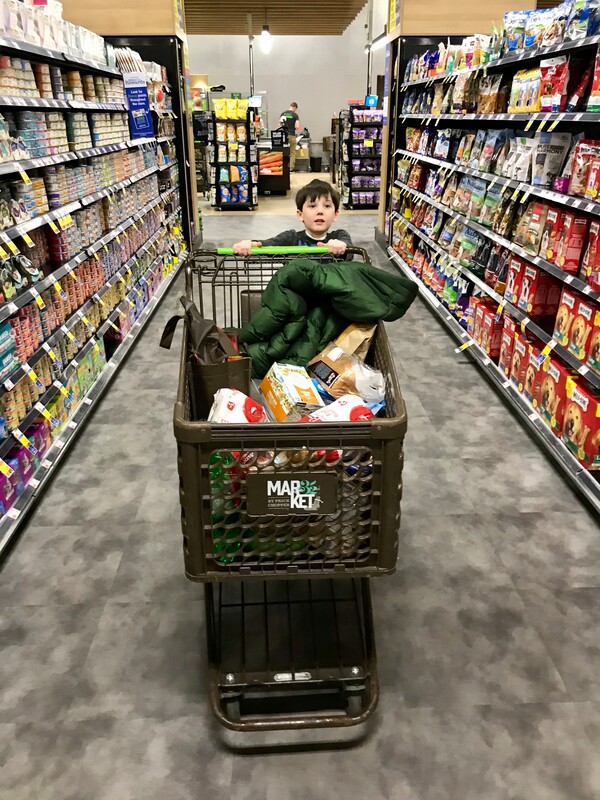
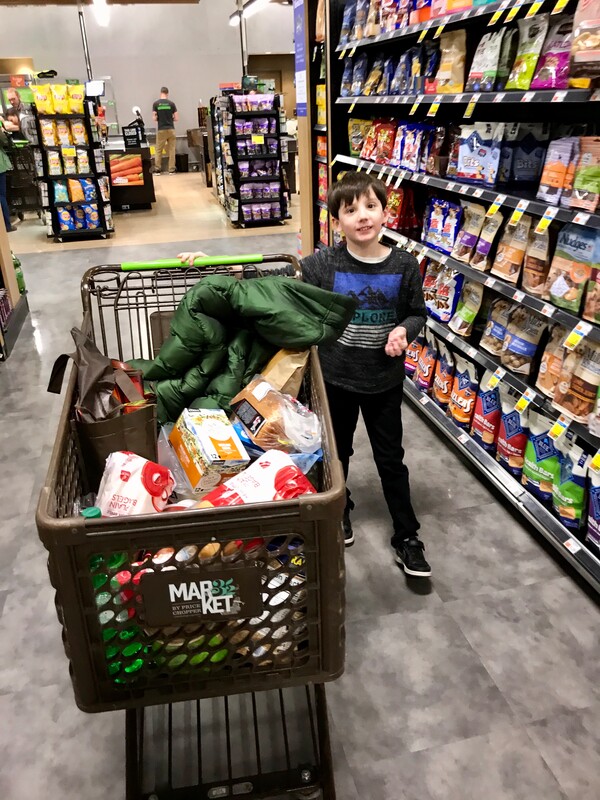
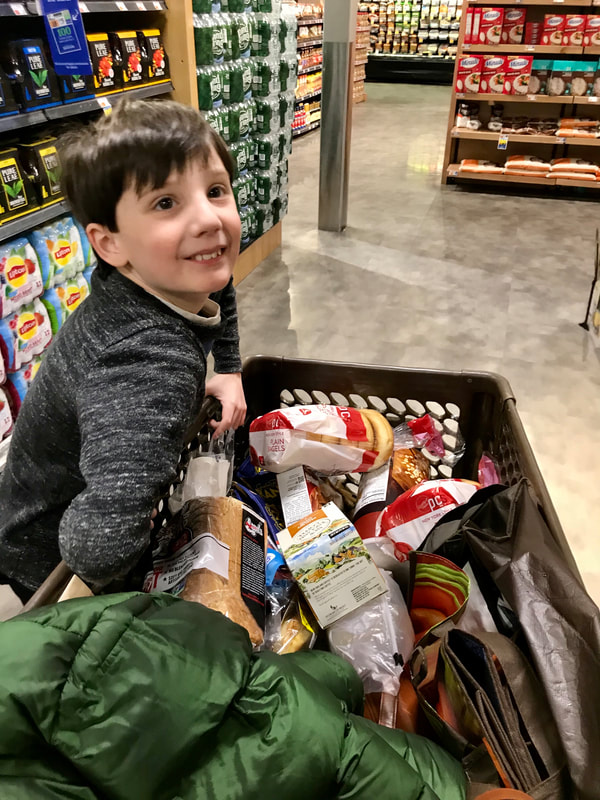
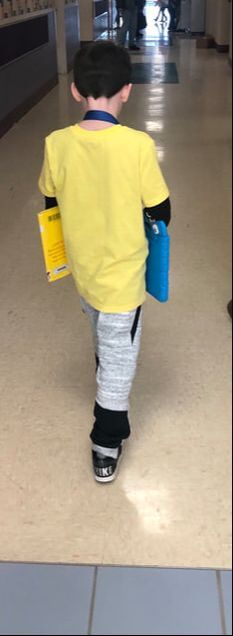
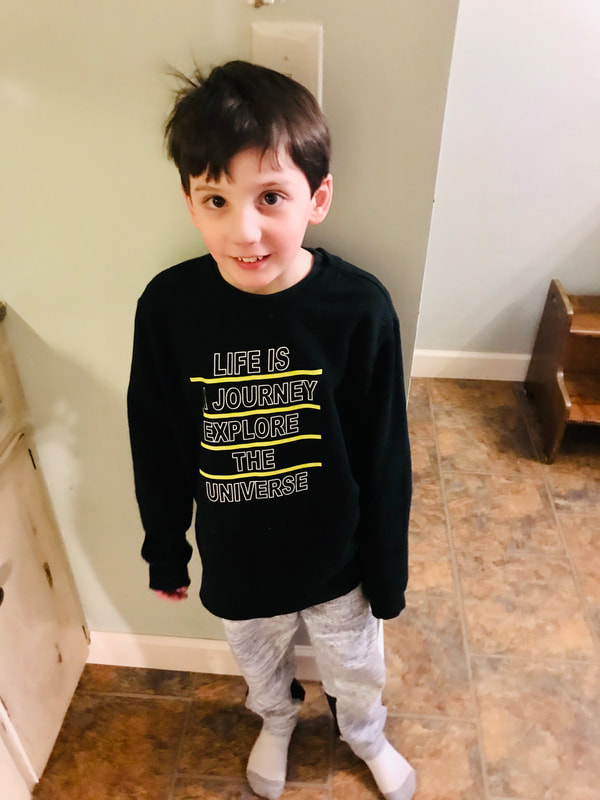
 RSS Feed
RSS Feed